Living with psoriasis can be challenging, with its itchy, scaly patches causing discomfort and self-consciousness. While many over-the-counter and prescription treatments are available, some individuals prefer to explore natural remedies that may offer relief. Psoriasis, a chronic autoimmune condition, often responds to various medical treatments, including diet changes and home remedies. Here are 14 effective home remedies for psoriasis natural approaches to managing psoriasis that you might find beneficial.
1. Aloe Vera
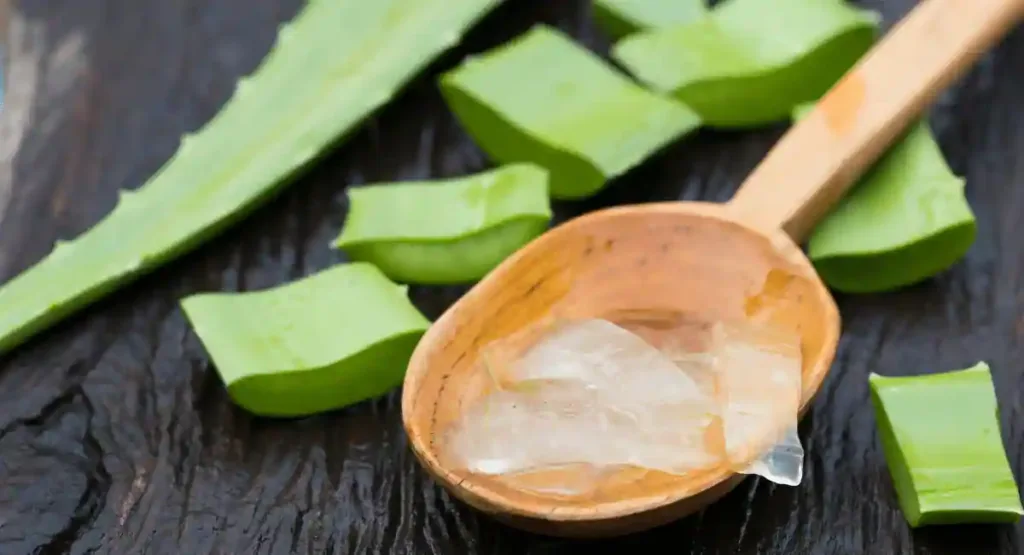
A Soothing Succulent :
Aloe Vera is widely used to treat minor cuts and burns from the sun because of its well-known calming qualities. For psoriasis, its anti-inflammatory and hydrating abilities can also provide comfort. Aloe Vera gel made from the plant’s leaves is suitable for topical application. It can help reduce redness, scaling, and itching when applied to psoriasis patches.

Usage: Apply a slight coating of aloe Vera gel immediately to the afflicted area. It’s best to look for products that use pure aloe Vera and avoid those with added dyes or fragrances, which may irritate the skin. Remember to do a patch test first to check for any allergic reactions.
2. Apple Cider Vinegar

Nature’s Calm:
Apple cider vinegar has been used for many years as a natural treatment for various skin conditions, including psoriasis. It can help calm inflammation and prevent infection, which is crucial for managing psoriasis. Usage: Mix apple cider vinegar and water in equal parts, and apply the solution to your scalp or affected areas using a cotton ball. For the scalp, You can combine it with water and 1 cup of apple cider vinegar (ACV) in a spray bottle, then spritz it onto your scalp and wrap it with a towel for an hour before rinsing.
3. Dead Sea Salt Baths
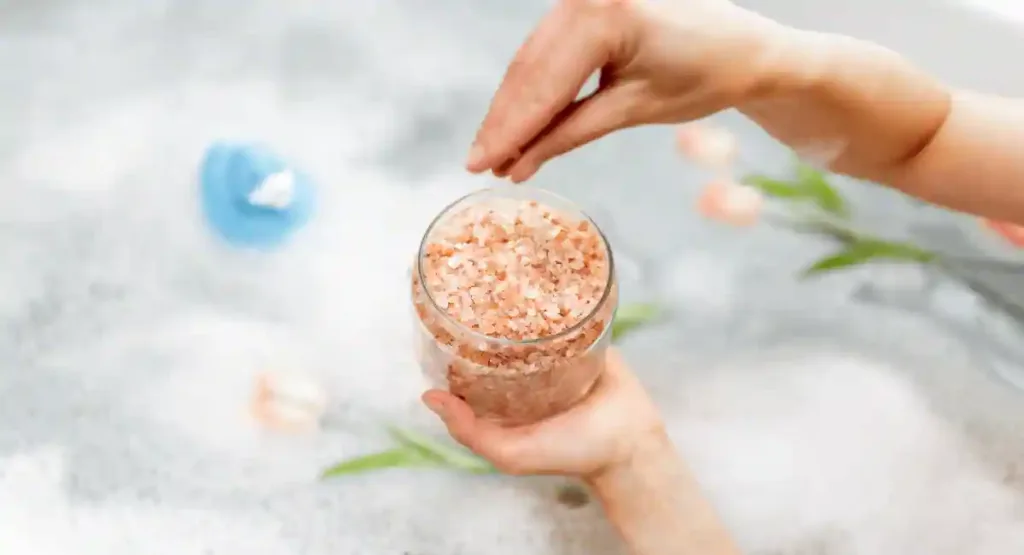
Saline Serenity:
People living with Psoriasis often find relief from symptoms when they soak in water containing Dead Sea salts. The unique mineral content is thought to help reduce inflammation and remove scales, common symptoms of Psoriasis. Usage: Add Dead Sea salts to a warm (not hot) bath and soak for about 15 minutes. Remember to moisturize immediately after your bath to lock in the hydration.
4. Oatmeal
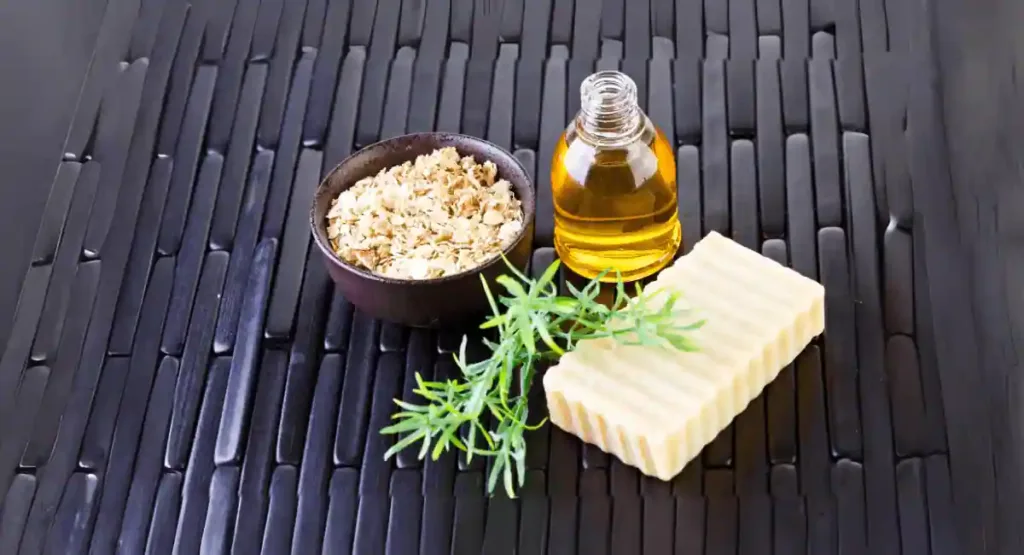
The Soothing Power of Breakfast:
Oatmeal’s natural ability to lock in moisture can help soothe dry, itchy skin. Colloidal oatmeal is finely ground and can provide a protective barrier against irritants and hydrate the skin. Usage: Create a colloidal oatmeal bath by tying it into a clean sock and then soaking it in the bathtub as the water runs. Alternatively, mix colloidal oatmeal or finely ground oatmeal with water to make a paste, then apply directly to the skin for 10-15 minutes before rinsing off with warm water.
5. Tea Tree Oil
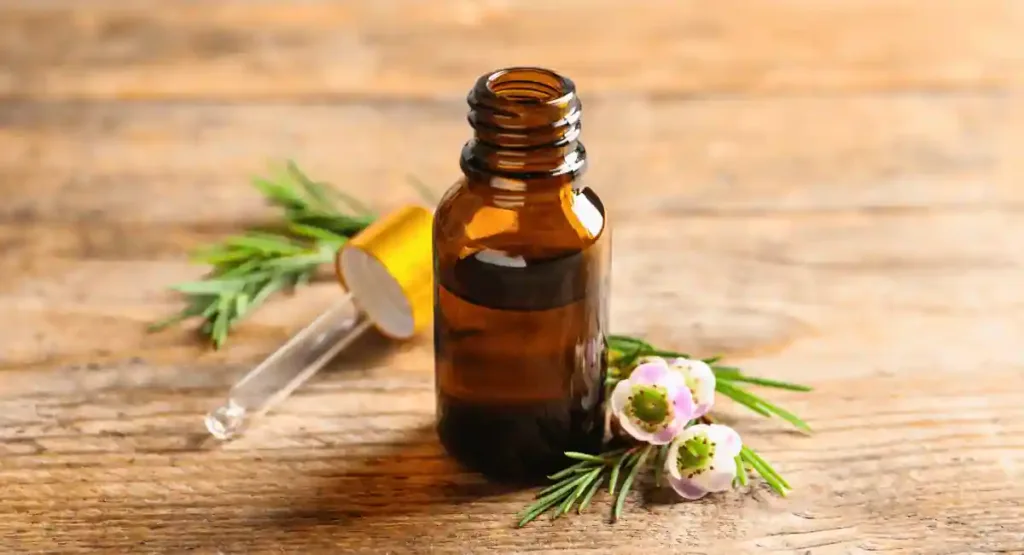
Herbal Harmony:
Tea tree oil’s anti-inflammatory and antibacterial qualities make it a well-known essential oil. When used appropriately, it can alleviate the symptoms of psoriasis, particularly scalp psoriasis. Usage: Combine a few drops of tea tree oil with a carrier oil like coconut or olive oil, then massage into the scalp. For psoriasis on the body, Mix a tiny amount of tea tree oil with your selected carrier oil and gently apply it to the afflicted areas.
6. Turmeric

Golden Relief:
Turmeric’s primary ingredient, curcumin, has strong anti-inflammatory properties and may help reduce the excessive proliferation of skin cells in psoriasis. Usage: Turmeric can be included in your diet through dishes or mixing it into a smoothie. For topical relief, mix turmeric with water or carrier oil and carefully apply it to psoriasis patches for a few minutes before rinsing off.
7. Coconut Oil
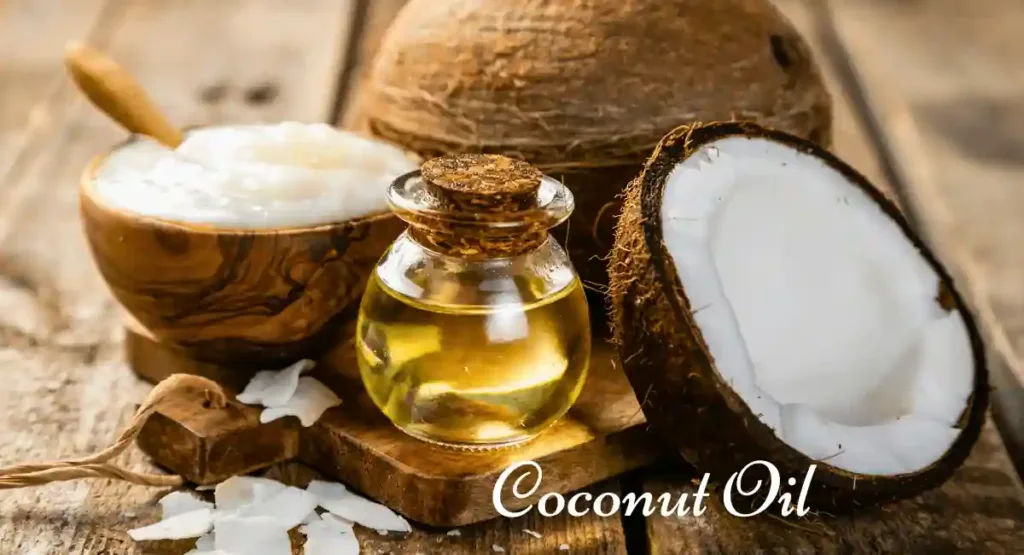
The Body’s Best Friend:
Coconut oil contains natural hydrating qualities that can soothe and moisturize skin. It’s an excellent emollient because of its high fatty acid content, ideal for the scales and dryness associated with it. Usage: Scoop a small amount of coconut oil into the hands, allowing it to melt, and then apply directly to the affected areas. You can use it throughout the day to relieve dryness and itching.
8. Fish Oil

Omega’s Opportunity:
Fish oil is packed with omega-3 fatty acids, which can help combat inflammation. As psoriasis is an inflammatory condition, fish oil supplements may help alleviate the symptoms. Usage: Discuss the appropriate dosage for your condition with a healthcare professional. Oily seafood, including salmon, mackerel, and sardines, contains significant omega-3 fatty acids.
9. Witch Hazel
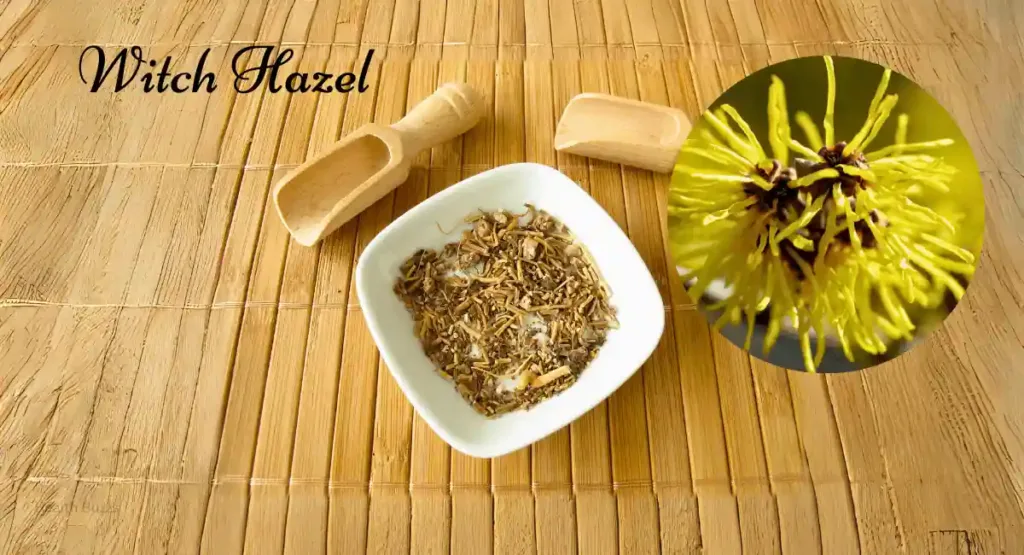
Nature’s Astringent:
Witch hazel is praised for its astringent and calming properties, making it a popular treatment for skin disorders, including psoriasis. Usage: Apply witch hazel extract with a cotton ball to the affected areas of the skin to help reduce inflammation and soothe itching. Depending on your skin’s sensitivity, you can use it a few times daily.
10. Epsom Salt Soaks
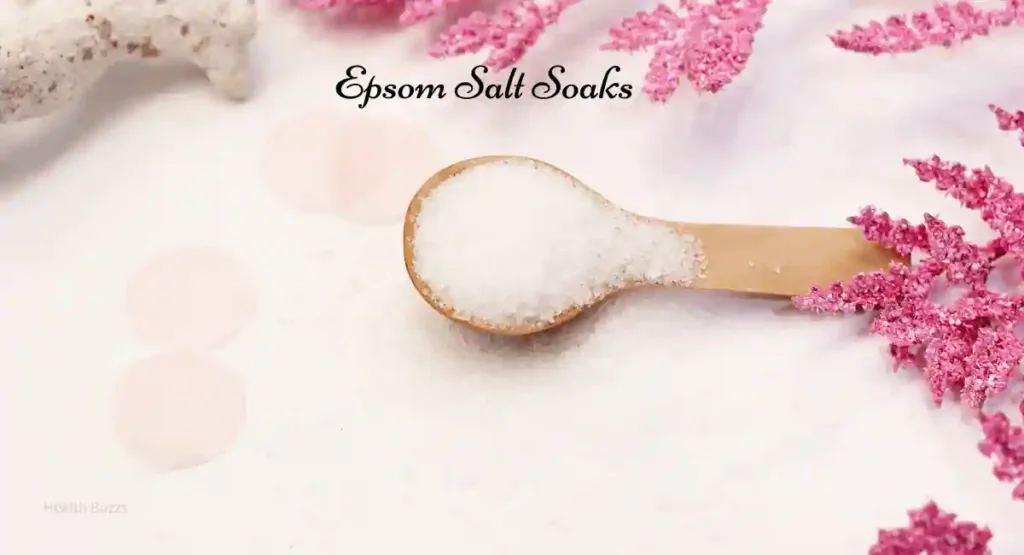
Magnesium Magic:
2 Similar to Dead Sea salts, Epsom salts contain magnesium, which may decrease inflammation and eliminate scales in psoriasis patients. Usage: Add one cup of the salts from Epsom to a warm soak for 15-20 minutes to help soothe your skin. After soaking, apply a moisturizer to prevent dryness.
11. Evening Primrose Oil

The Omega-6 Booster:
The evening primrose oil contains omega-6 fatty acids, which are thought to aid in reducing inflammation related to psoriasis. Usage: After consulting with your healthcare provider, you can take evening primrose oil capsules or apply the oil topically to moisturize and soothe the skin.
12. Aloe Vera Gel & Honey Mask
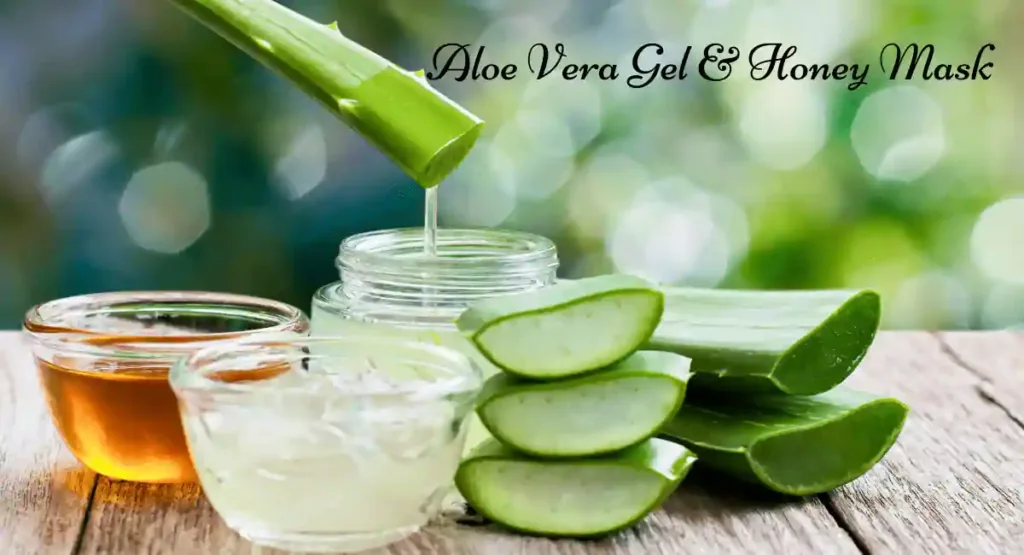
Soothing Synergy:
Combining aloe vera and honey brings hydration and antimicrobial properties together for an enhanced calming effect on psoriatic skin. Usage: Mix fresh aloe vera gel with equal honey to create a paste. Apply this mask to the affected areas and leave it on for about 20 minutes before rinsing with lukewarm water.
13. Stress Management

Calm the Flare:
Stress is a known cause of psoriasis flare-ups. Using several methods to manage stress, such as meditation, yoga, or simply making time for relaxation, it has the potential to lower significantly flare-up frequency and severity. Usage: Experiment with different stress-relief activities and find what works best for you. Make stress management a regular practice, not just when feeling overwhelmed.
14. Diet and Lifestyle Changes

Inward Impact:
Living a healthy lifestyle can significantly impact psoriasis. Regular exercise, a balanced diet, and minimizing alcohol and tobacco use can all contribute to managing the condition. Usage: Make an effort to eat a diet high in foods that reduce inflammation, such as whole grains, fruits, and vegetables. Limit processed foods, sugars, and unhealthy fats, which can contribute to inflammation.
Also Read- Natural Solutions for Pain Relief|10 Home Remedies Backed by Science

Cautionary note
A Word of Caution: While these natural remedies may offer relief, it is crucial to approach any new treatment with caution. Individuals with psoriasis often have unique sensitivities and natural ingredients can sometimes cause irritation or allergic reactions. You constantly use a patch test before applying a new chemical to a larger skin area. If you have any concerns, speak with a dermatologist. Remember, these remedies do not substitute professional medical advice or treatment.
What are the side effects of psoriasis?
When considering natural remedies for psoriasis, it’s vital to be aware of the potential side effects that can accompany their use. Although they are often considered safe, these remedies can interact with medications or lead to skin irritation and allergic reactions, exacerbating skin issues in some individuals.
Potential Irritants:
Also Read- What is Good for Acne Scars Home Remedies? 10 Natural Solutions to Try

Natural does not always mean gentle; substances like witch hazel and essential oils may irritate sensitive skin, leading to redness or itching. Always patch test before completing the application.
Ingested Supplement Risks:

When taken orally, supplements such as fish oil and evening primrose oil can affect blood clotting, interact with medications, or cause gastrointestinal upset in some individuals. Speaking with your doctor about safe dosages and compatibility with current medications is critical.
Hydration and Kidney Function:

Soaking in Epsom salts should be done with care, especially for those with kidney issues, as the body can absorb magnesium, and prolonged exposure to it could lead to elevated levels.
Understand that these potential side effects are often rare, but awareness and appropriate caution ensure safety when incorporating new treatments into your psoriasis management plan. Always consult a specialist before beginning any alternative treatment program.
Hi there! I’m content writer and blogger. With over two years of experience, I’ve shared my passion for writing across various platforms. I firmly believe in the transformative power of words and look forward to sharing this journey with you. Enjoy my work!










